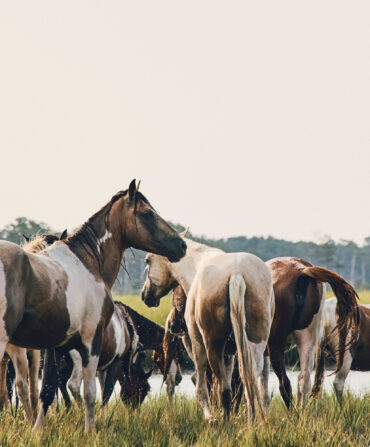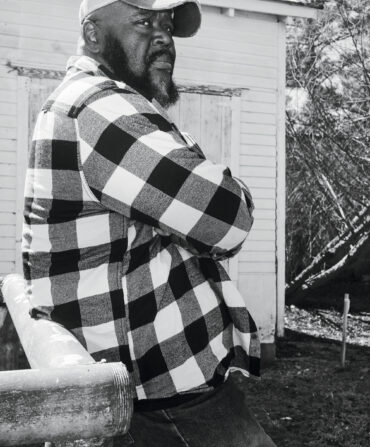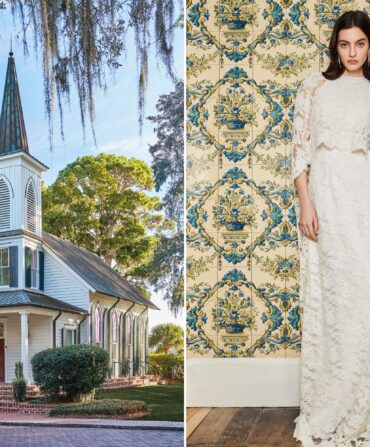Arts & Culture
Peek Inside an Atlanta Photographer’s Inspiring New Book on Women Speaking Out
Kate T. Parker’s latest collection of intimate portraits—spanning dancers, activists, soccer players, and classmates—reminds girls everywhere just what they are capable of
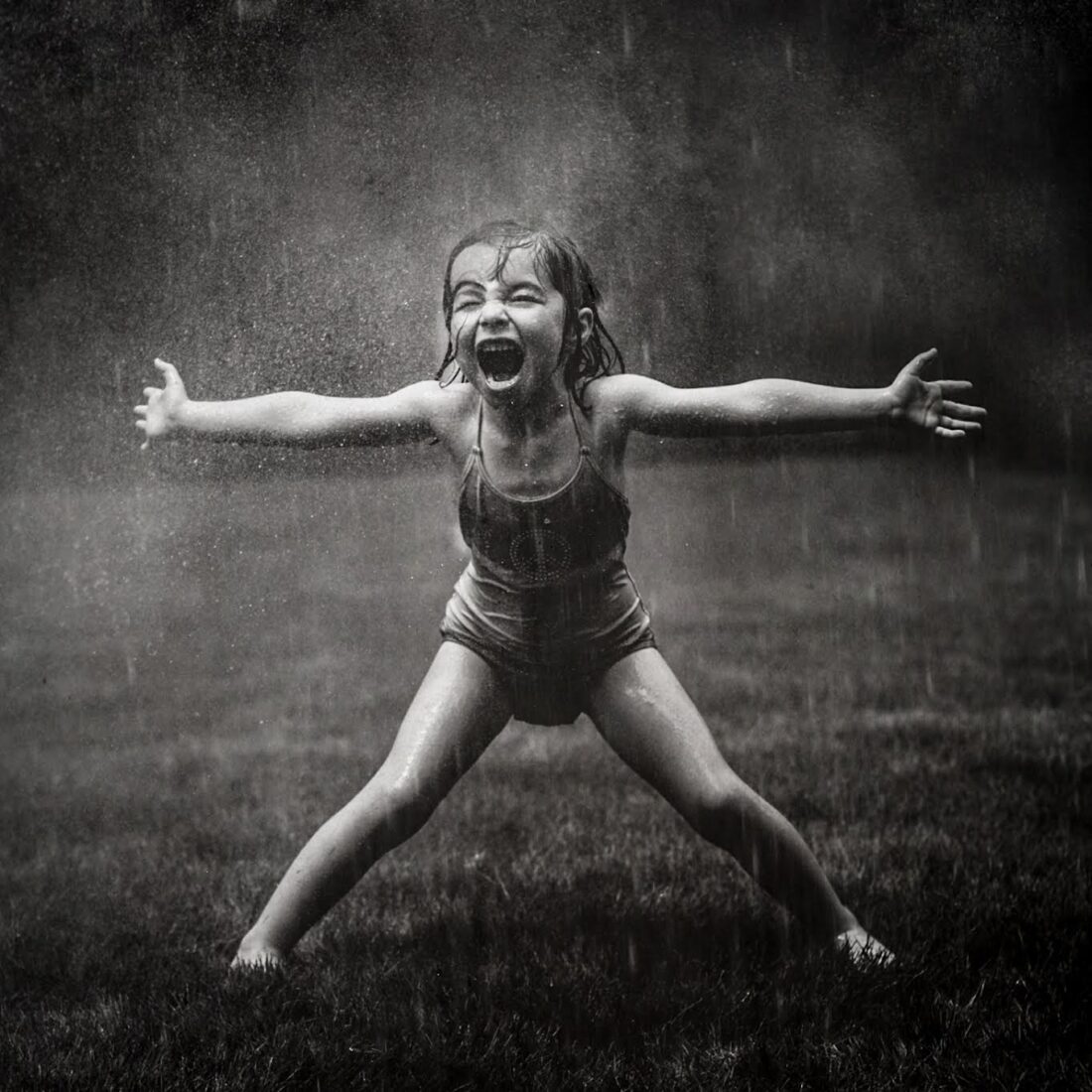
Photo: Kate T. Parker
“Sometimes I have to yell, really loud, to make sure I am heard,” says four-year-old Alice, whose memorable shout graces the cover of Force of Nature: A Celebration of Girls and Women Raising Their Voices. The book, which came out earlier this month, is the latest installment by Atlanta photographer (and mother of two girls) Kate T. Parker, following her 2017 bestseller Strong is the New Pretty and 2020’s Play Like a Girl: Life Lessons from the Soccer Field.
“After photographing, interviewing, and showcasing thousands of people over my career, I saw firsthand how one voice can effect change,” Parker writes in the introduction to Force of Nature. “Our girls have the power to change their world and the world. They just need to fully realize it.” Parker—in an act of raising her own voice—shares nearly two hundred portraits of women of all ages and backgrounds, paired with an accompanying quote or anecdote that lets each subject tell her own story, in her own words. We meet a teenage wrestler, tennis legend Billie Jean King, a six-year-old hiker of the Appalachian Trail, a young patient battling bone cancer, and a voracious reader, to name a few.
Each page dispenses a fresh perspective. Sometimes, it’s as simple as three-year-old Corinne sharing, “My classmate needed a friend. So I said, ‘I can be your friend and I’ll play with you.’” Other vignettes delve into more complicated experiences, like how a comment at a sporting goods store led a young basketball player to write a viral story and spark a movement. All, though, examine the many ways women find, use, and amplify their voices, be it at school or work, as athletes or artists, at home or in their communities. Below, meet eight standouts from Parker’s inspiring cast.
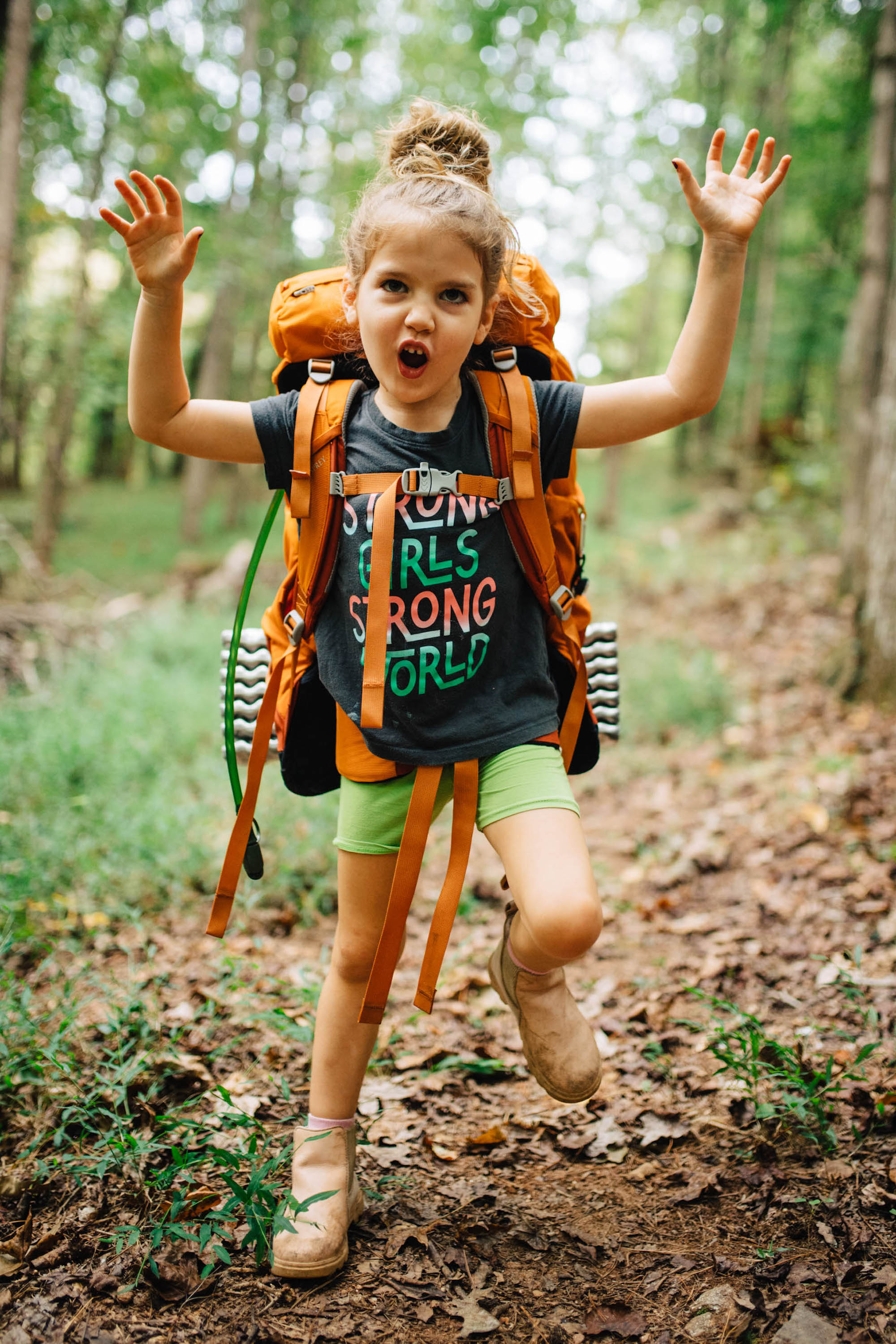
Kate T. Parker
I don’t think section hiking the Appalachian Trail taught me anything much. I just thought it was a good trip. But I think it taught the grown-up hikers that little kids can do anything. They were all so surprised to see me hiking with a big backpack. They were like, “Whaaaaa? Who is this kid? How old are you?”
—Maple, age 6
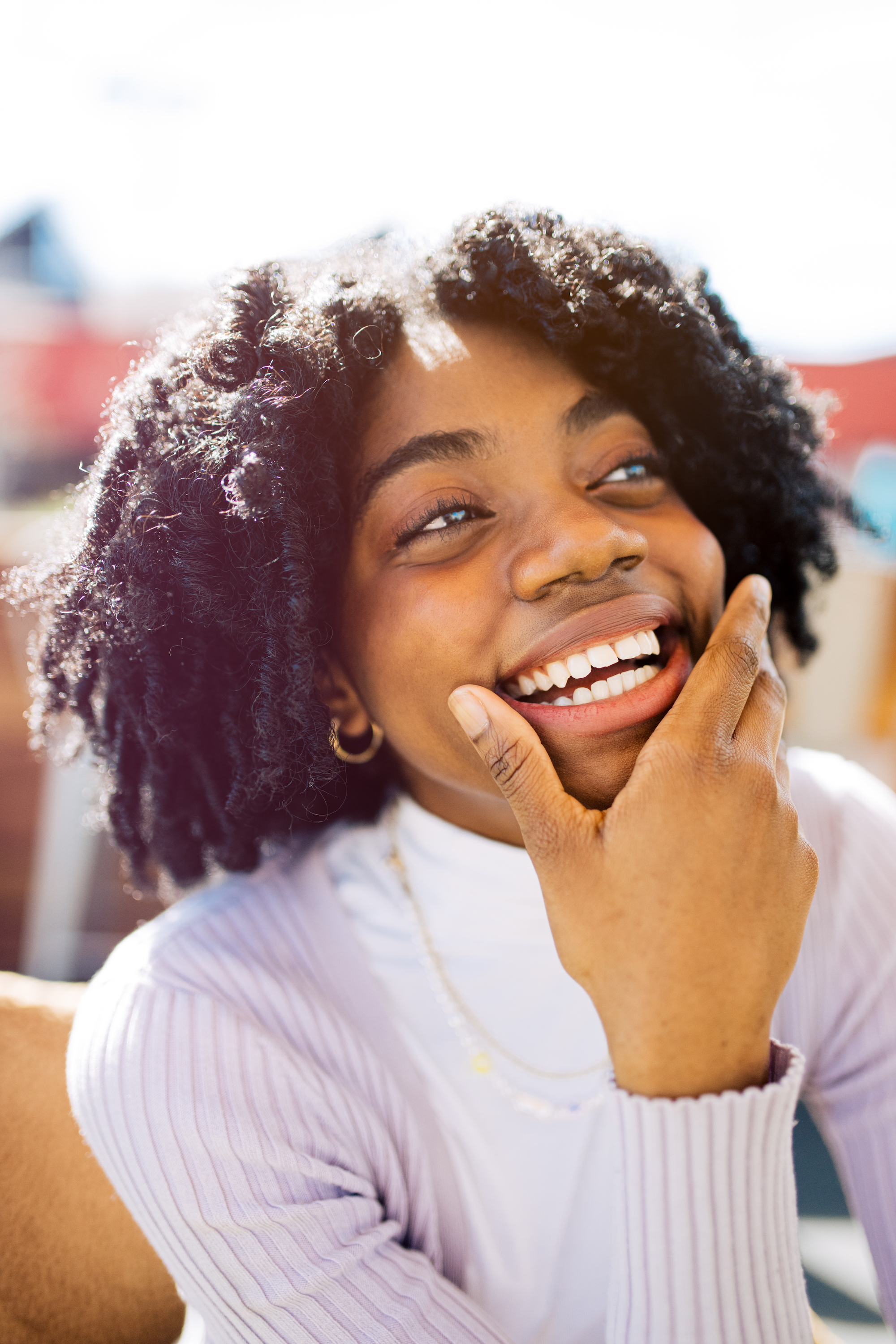
Kate T. Parker
I never even knew I had curly hair. My hair was just always relaxed and straight. My sister went natural first, so she did most of the research. Because I’m younger, I copied whatever she did, so of course, I copied her hair. After my sister and I went natural, my mom was like, “What?” I think she really liked it though, because then she also went natural. Honestly, I don’t see myself as someone who speaks out much. I just try to be the best version of myself. And sometimes, just making a small change can inspire a chain reaction. —Mercy, age 16
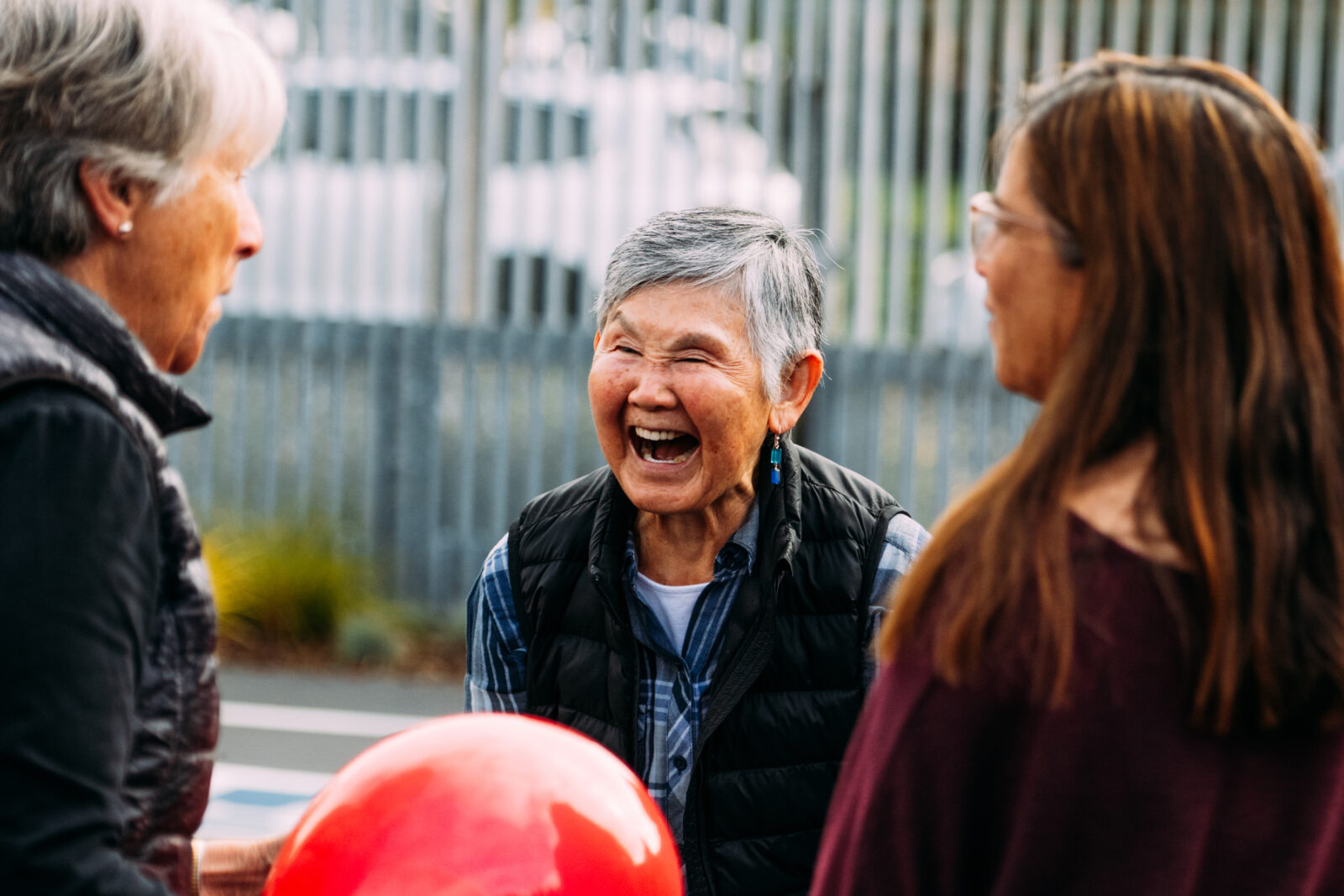
Photo: Kate T. Parker
When I was five, my family was interned during the war and because my father had immigrated from Japan, we were deported—even though my mother, my siblings, and I were U.S. citizens. I spent about ten years in Japan until my mother moved back to the Bay Area and then, one by one, brought us back to the U.S.. I use my voice to tell my story. I want the next generation to know how important it is to work towards a better life. If you want it, you can achieve it. Anything is possible. —Satsuki, age 84

Photo: Kate T. Parker
When I was eight, I began to lose my eyesight. It felt that my dreams of becoming an Olympic swimmer were dashed until I learned that I could compete as a blind athlete. I am a Paralympian who is a fighter in my everyday life as well as in the pool. I fight for the win. —McClain, age 22
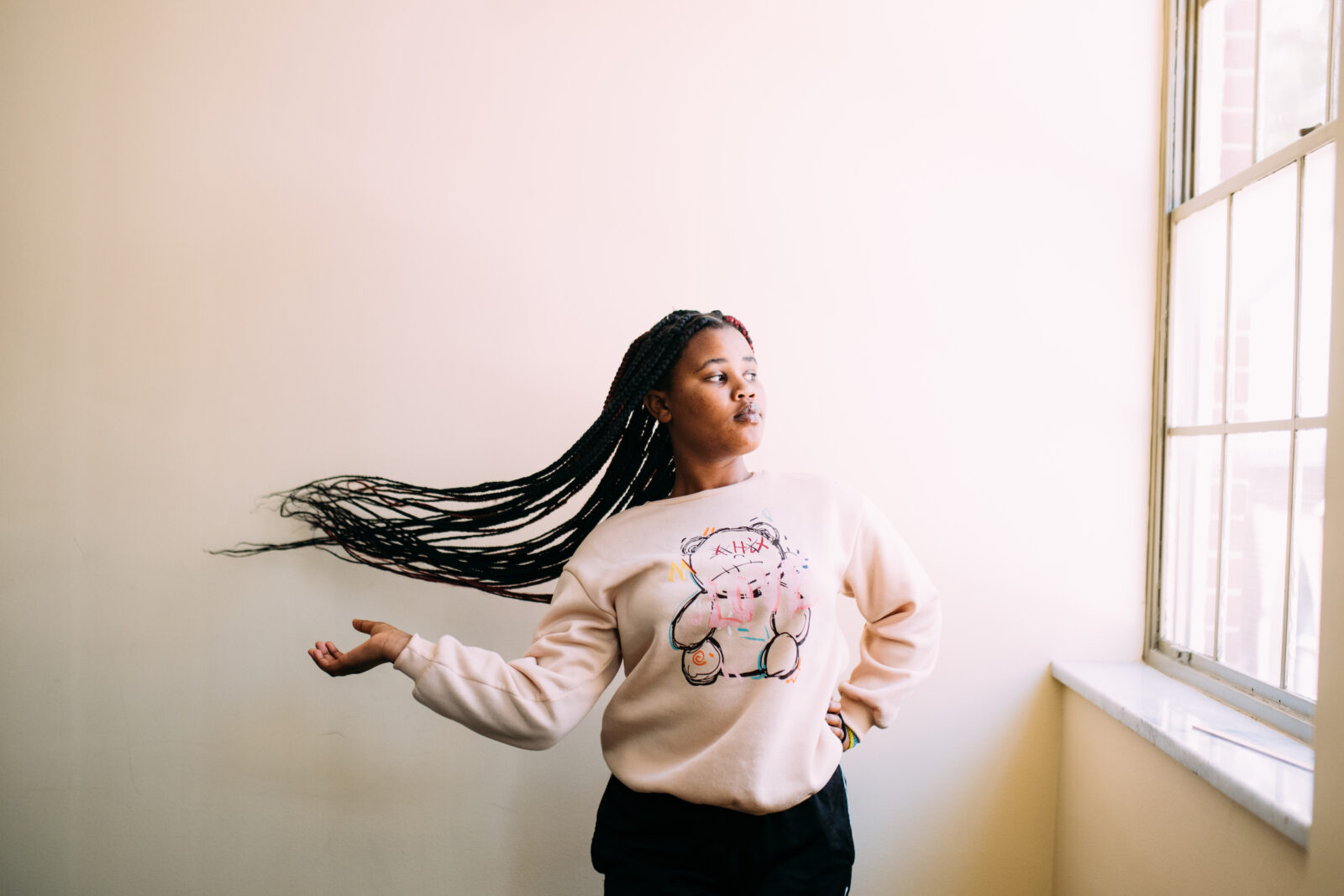
Photo: Kate T. Parker
I came to America from Rwanda three years ago and it wasn’t easy. Not speaking English well was hard, not just for me, but for everyone new to this country. I try to tell new people, “I know it’s not easy but just stay patient.” Be friendly to new people, just talk to them. In English, there’s a hard word and then there’s an easy word. Just talk to them in easy words, they might understand more. —Dorcas, age 13
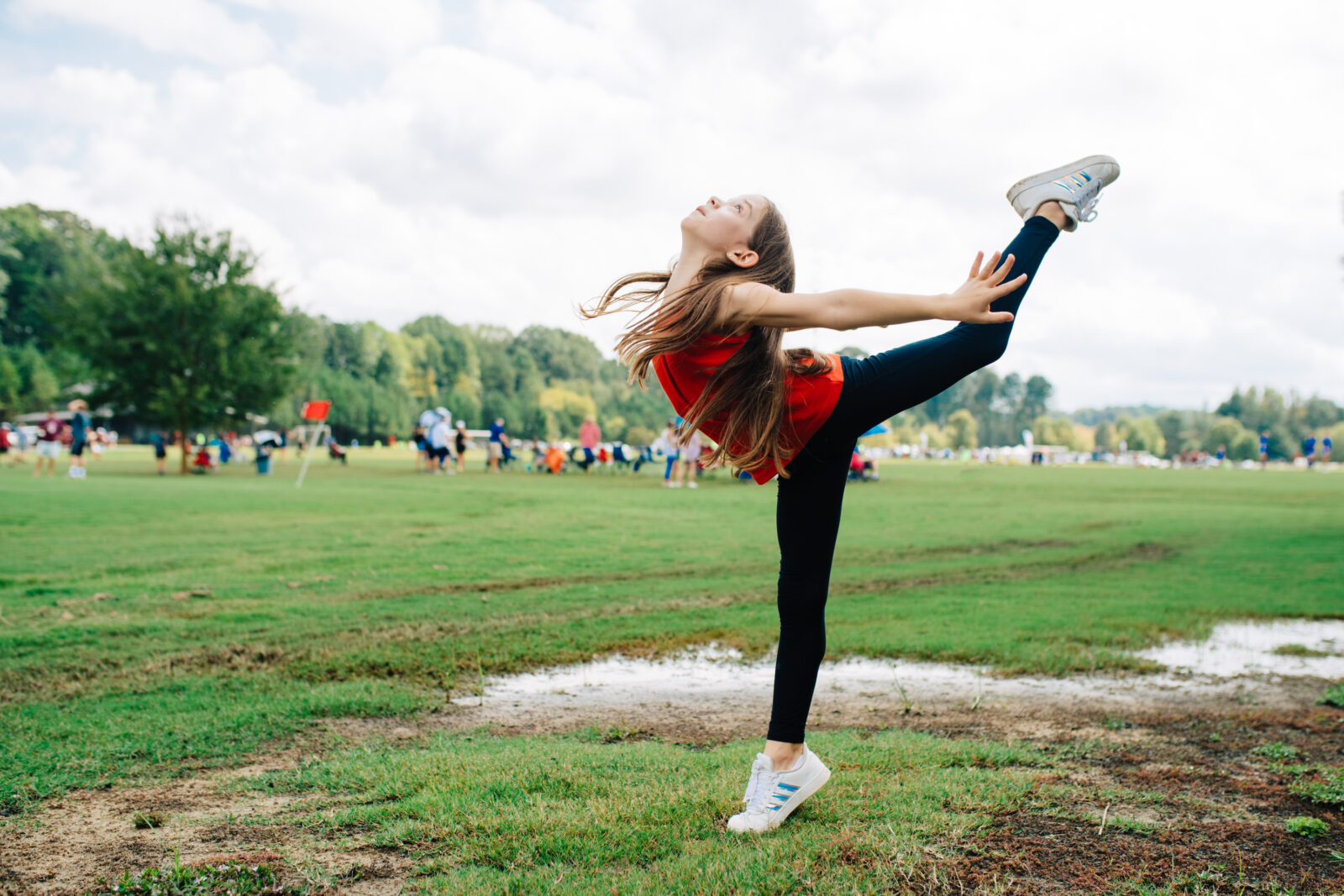
Photo: Kate T. Parker
How I feel comes through when I am dancing. I choose the style of dance based on my emotion: When I am calm, I practice ballet or contemporary. But when I’m really happy or excited for something, I’ll choose jazz. —Hana, age 10

Photo: Kate T. Parker
This year in fourth grade, all the boys played baseball at recess and wouldn’t let the girls play. I love playing baseball, and this really annoyed me. This went on for a long time, and I finally was the only one who spoke up and said to the boys, “Let us play. What’s wrong with that?” Then we all did. You should never be overshadowed by other people only because you’re a girl. —Stella, age 10
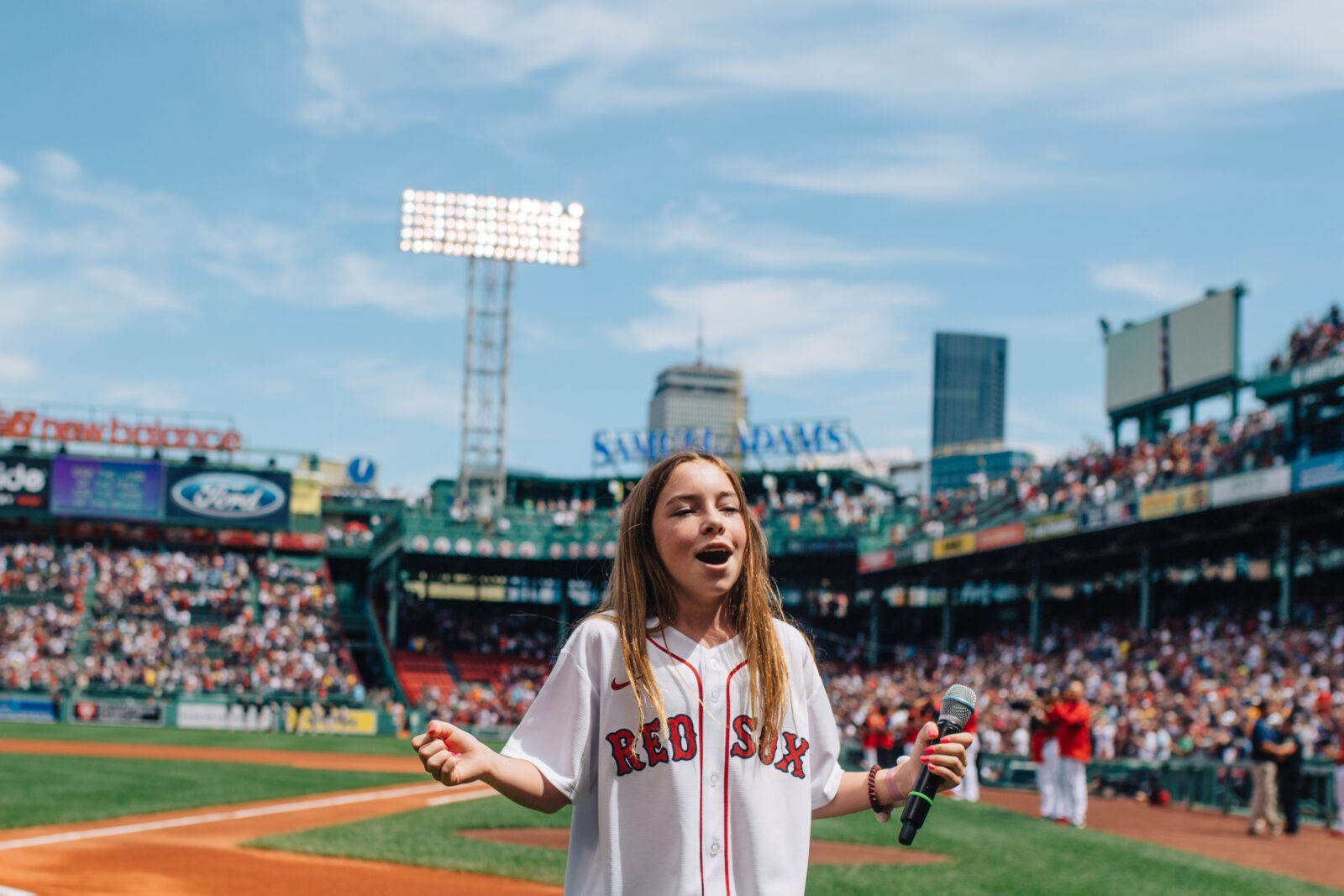
Photo: Kate T. Parker
I sang the national anthem at Fenway Park before a Red Sox game. For weeks before, I was so nervous: I was worried I would get the words wrong or my voice would crack. As soon as I got past the first verse, my nerves went away and I could just enjoy it. I love to sing, and I love to sing in front of people. —Alice, age 12
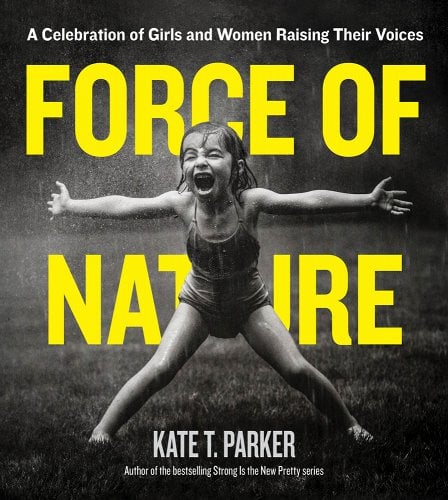
Excerpted from Force of Nature: A Celebration of Girls and Women Raising Their Voices by Kate T. Parker (Workman Publishing). Copyright © 2024.
Garden & Gun has an affiliate partnership with bookshop.org and may receive a portion of sales when a reader clicks to buy a book.


